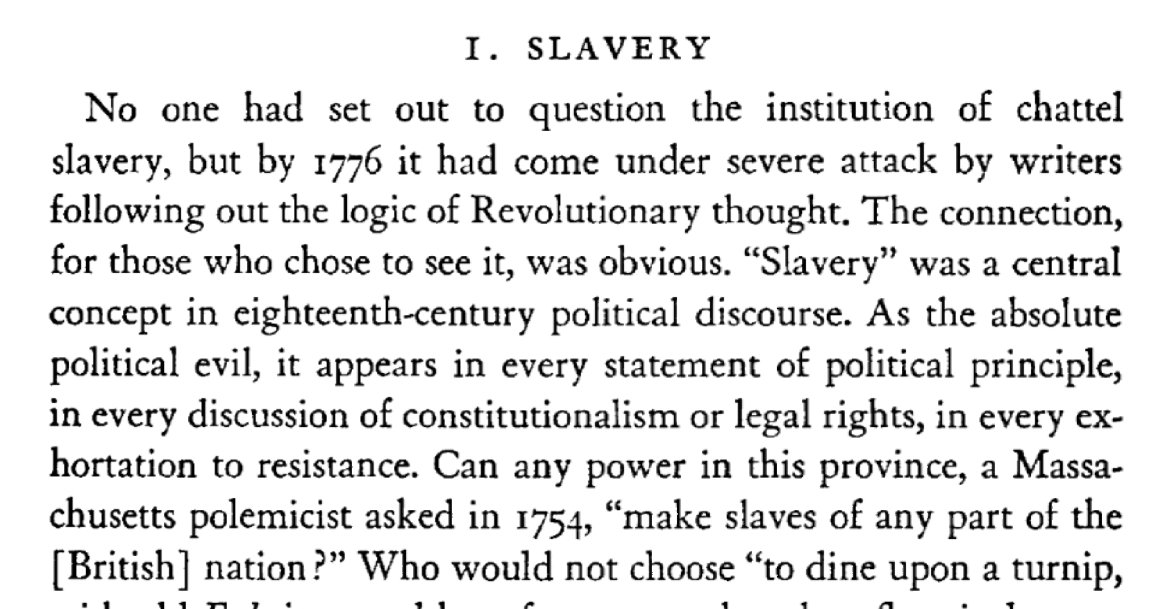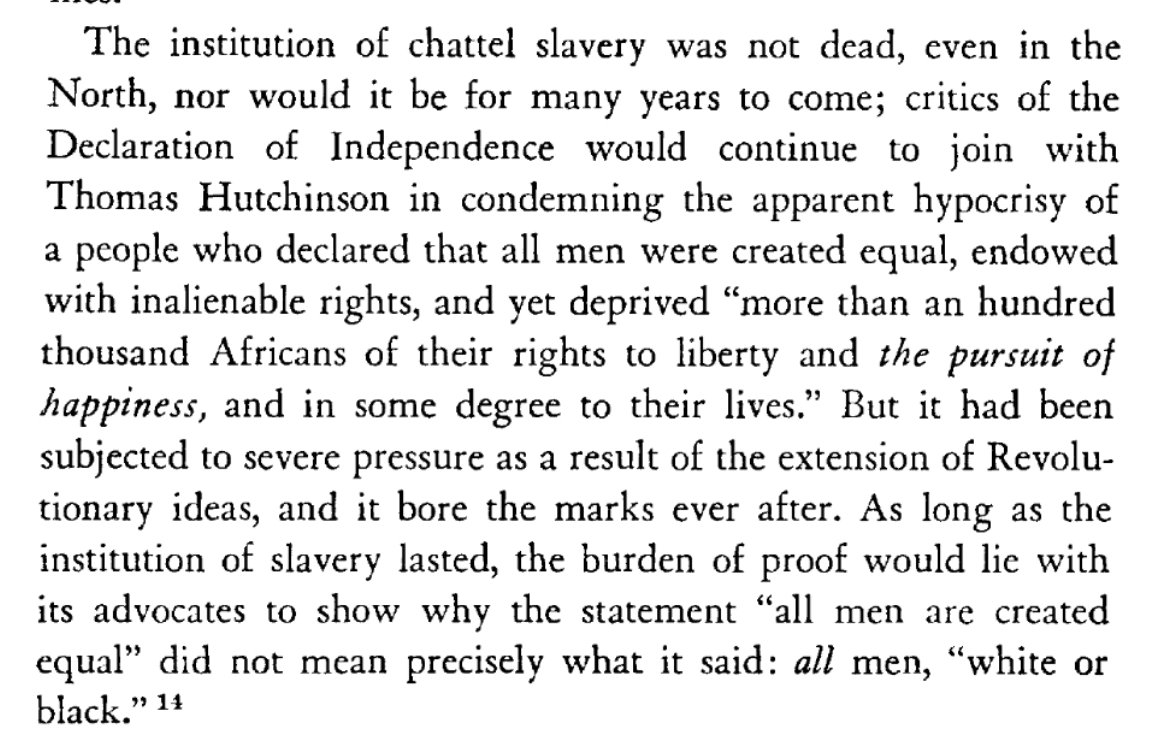Teaching a grad class for @GUHistory on the US to 1900 this semester. Just had an invigorating first class, despite being on Zoom. Always fun to get to know a new group of students. Let's go!
Kicked off the semester with *Our Declaration* by @dsallentess. All historians should reflect seriously on this line from the book: "While history can serve to help us understand many things much better, it can also function as a barrier to entry."
Book #2 in my grad class on US to 1900 is Robert Parkinson's The Common Cause, which shows how fears of slave revolt, Indian war, and foreign mercenaries inspired the patriot rebellion against Britian. Great on revolutionary-era information networks. uncpress.org/book/978146962…
Book #3 in my grad class on the US to 1900: Julius Scott, The Common Wind, from @VersoBooks. An underground classic as a dissertation, finally published after thirty years. versobooks.com/books/3158-the… 

Book #4 in my grad class on the US to 1900: Laura Edwards, The People and Their Peace (2009) from @uncpressblog. This is a substantial, nuanced book about law and society in the early US. Thanks to Prof. Edwards for dropping in to chat with us! uncpress.org/book/978080785…
Book #5 in my grad class on the US to 1900: Jen Manion, Liberty's Prisoners (2015), an eye-opening book about crime and the punishment of women in Philadelphia. Thanks to @activisthistory for speaking with us.
upenn.edu/pennpress/book…
upenn.edu/pennpress/book…

Book #6 in my grad class on the US to 1900: Christina Snyder, Great Crossings: Indians, Settlers, and Slaves in the Age of Jackson (@OUPHistory 2017), a superb history of the Choctaw Academy. This book deserves all its prizes. global.oup.com/academic/produ…
Book #7 in my grad class on the US to 1900: Unworthy Republic by @ClaudioSaunt (@wwnorton 2020). Always nice to have a @nationalbook Award finalist Zoom into class! wwnorton.com/books/unworthy… 

Book #8 in my grad class on the US to 1900: The Dead March by Peter Guardino, a historian of Mexico. Dead March is both an engrossing narrative of the US-Mexican War and a wonderful comparative history of the two countries in the mid-19th century. hup.harvard.edu/catalog.php?is…
Book #9 in my grad class on the US to 1900 is a true classic: Eric Foner's *Free Soil, Free Labor, Free Men*, first published 50 years ago and still an essential book for understanding American political history. global.oup.com/ushe/product/f… 

Book #10 in my grad class on the US to 1900: The Women's Fight, a new and vivid history of the diverse experiences of women in the Civil War (aka War of the Rebellion), by the extraordinary Thavolia Glymph, from @uncpressblog. uncpress.org/book/978146965…
Book #11 in my grad class on the US to 1900: Sweet Taste Of Liberty by @wcaleb. Won the Pulitzer! Many thanks to Prof. McDaniel for Zooming into class on this eventful morning. Good to talk about history. global.oup.com/academic/produ… 

Book #12 in my grad class on the US to 1900: Empire's Tracks by @manuvimalassery, a wide-ranging and theoretically rich examination of the imperial power of railroad capital in the West. Thanks to Prof. Karuka for zooming in! ucpress.edu/book/978052029…
Book #13 in my grad class on the US to 1900: The Chinese Must Go by @BethLewWilliams, which focuses on anti-Chinese violence in the 1880s and traces the path to exclusion. A tragic & resonant history. hup.harvard.edu/catalog.php?is…
Last book of the semester in my grad class on the US to 1900: Denmark Vesey's Garden by @EthanKytle & @BlainRoberts1. Fitting to end with the contested memory of slavery. Thanks to the authors for paying us a Zoom visit to talk it over. Amazing book! denmarkveseysgarden.com
• • •
Missing some Tweet in this thread? You can try to
force a refresh









